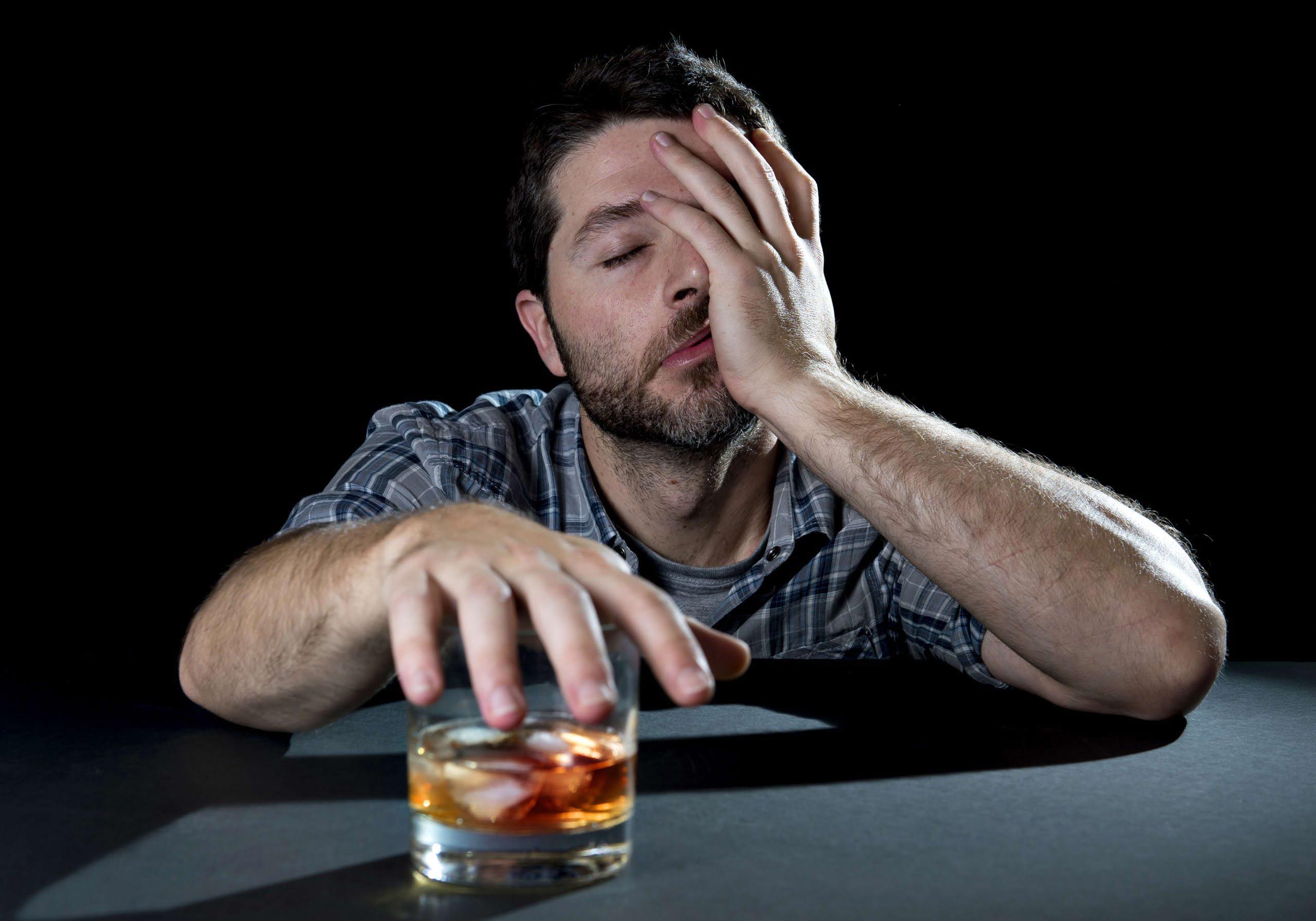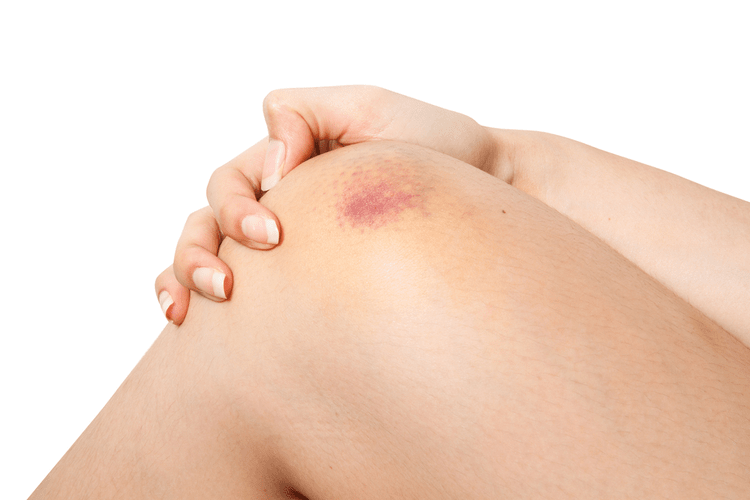Aging and Alcohol National Institute on Alcohol Abuse and Alcoholism NIAAA
The Menopause Society offers an online tool to help you find an expert in your area. If you’re drinking more than that, she suggested cutting back, and if that’s a struggle, talk to your doctor for help. Still, you might be curious about that connection if you’ve reached your 40s and noticed alcohol hits a little differently.
Preservative Function of Alcohol Consumption in the Aging Brain
Conversely, chronic alcohol consumption can induce liver enzymes that metabolize warfarin more quickly, potentially reducing its effectiveness. This complex relationship makes consistent therapeutic dosing extremely difficult for those who drink, even occasionally. People generally believe that a “ hard life” (i.e., one fraught with difficulties, including repeated exposure to stressful situations) can lead to premature aging.
Main Content

At age 61, body water decreases in both sexes—to 57 percent in men and 50 percent in women. With nearly 9 in 10 adults aged 65 or older taking daily medication and more than 4 in 10 taking 5 or more medications per day, it’s important to consider how those medications may interact with alcohol. For many adult Americans, a nightcap is a welcome ritual at the end of the workday. According to the National Survey on Drug Use and Heavy Drinking, nearly 39% of adults aged 65 or older report drug addiction consuming 1-2 drinks per day while 16% report drinking 2 or more drinks a day.
Glucocorticoid Contributions to the Rewarding Effects of Alcohol
Even when you drink in moderation, sip more water with your beer, wine or cocktails, Christmas said. She emphasizes that the intensified effects are particularly dangerous for older adults who may already have slower reaction times and poor balance. For more information about alcohol treatment options and how to stop drinking, please visit the NIAAA website at niaaa.nih.gov. Similarly, many adults experience problems with the duration and quality of their sleep as they age. These problems may lead some older adults to self-medicate with alcohol in an attempt to improve their sleep.


Dehydration can lead to a range of issues, from headaches and dizziness to more severe complications like kidney problems or electrolyte imbalances. Vidya Rao is a freelance writer and https://ecosoberhouse.com/ multimedia content creator with more than a decade of experience specializing in wellness, food and small business journalism. Streicher recommended seeking out a menopause practitioner for help — and added that not all doctors are experienced with menopause or perimenopause.
- Other investigations of the three-way interaction of alcohol, HPA activity, and aging should explore the possibility that greater cortisol responses to repeated alcohol exposure lead to an increase in alcohol’s rewarding effects in older people.
- Consulting with a healthcare professional can help individuals understand the potential interactions between alcohol and their medications, as well as provide guidance on reducing alcohol intake or maintaining a sober lifestyle if desired.
- She emphasizes that the intensified effects are particularly dangerous for older adults who may already have slower reaction times and poor balance.
- Your blood vessels dilate when you drink alcohol, and this could trigger hot flashes and night sweats, Christmas said.
That drunk or tipsy feeling should clear up by the next day, maybe leaving you with a hangover. Certain medications and excessive alcohol can work in tandem to suppress or amplify the effects of the other. Alcohol can diminish the effectiveness of medications, and medications can amplify the effect of alcohol on the body. According to the 2022 National Survey on Drug Use and Health, administered by the U.S. federal government, about 20% of adults 60 to 64 and about 10% of those 65 and older say they binge drink. Binge drinking is typically defined as consuming four or more drinks within two hours for women and five or more drinks within two hours for men.
- In total, chronic alcohol abuse has also been found to accelerate aging-related effects (Giorgio et al., 2010).
- Researchers must therefore determine whether elevated cortisol levels contribute to a general alcohol-induced neurodegeneration or account only for hippocampal degeneration.
- Additionally, older adults tend to take more medication, which can interact dangerously with alcohol.
- While you can’t entirely reverse the effects of aging on alcohol tolerance, certain lifestyle choices can help mitigate the decline.
- Menopause is a normal part of the aging process for women and refers to the stage when menstrual periods end, and they can no longer get pregnant, according to the National Institute on Aging.
The two principal stress response systems in both humans and other animals are (1) a part of the nervous system called the sympathetic nervous system and (2) a hormone system called the hypothalamic-pituitary-adrenal (HPA) axis. Activation of the sympathetic nervous system produces several physiological responses within seconds, such as an accelerated heart rate, increased respiration, and blood flow redistribution from the skin to the skeletal muscles. These responses facilitate the “fight or flight” behavioral response (Sapolsky 1993). As we age, our bodies undergo various physiological changes that can impact our tolerance to alcohol. Understanding these changes and their effects is important for older adults who want to continue enjoying alcohol responsibly and safely.
As a result, on days 7 and 14, the corticosterone levels in response to alcohol were significantly greater in the aged rats than in the younger ones. Such an age-related impairment in tolerance development to alcohol also has been observed in rats that had to perform a previously learned task while under the influence of alcohol (Mayfield et al. 1992). The interaction between alcohol and the HPA axis may be bidirectional—that is, not only does alcohol consumption stimulate cortisol secretion, but elevated cortisol levels may increase drinking by magnifying its rewarding effects.
Yep, This Hot Dog Topping Is Actually Great for Your Gut Health
This methodological development widened the focus of studies on aging from psychological assessment to both a psychology and neuroscience of aging (Cabeza, 2002; Cabeza et al., 2003). The day after drinking, even just one glass of wine, I’d feel does alcohol make you look older groggy, hungover and just sad. During perimenopause, your levels of the hormone estrogen start to decline, and this can bring symptoms like hot flashes, low libido, irregular periods, vaginal dryness, mood changes and problems sleeping. Ultimately, the risk-vs-enjoyment calculus of consuming alcohol should be considered on an individual basis, based on your current health status, your medication use, and other factors, experts say. “I don’t think alcohol is evil by any means but it’s a riskier proposition as you get older—you have to be more cautious,” says Moore.
0 comments on Aging and Alcohol National Institute on Alcohol Abuse and Alcoholism NIAAA